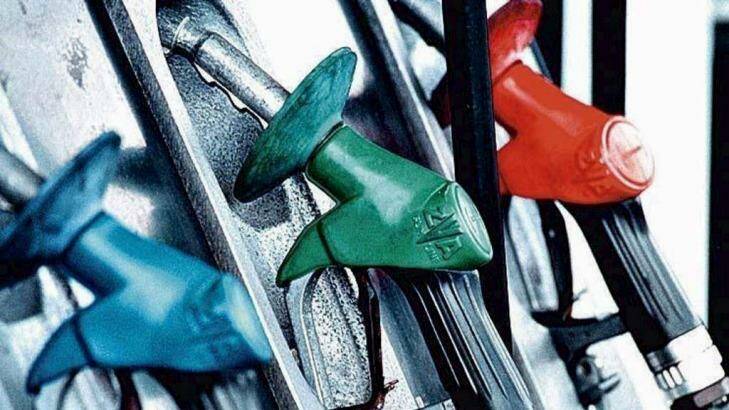
Cheap Tuesdays are long gone, but Sydney's petrol price cycle is becoming increasingly "volatile" and "inconsistent", according to industry observers, who are at a loss to explain why.
The National Roads and Motorists Association said it had no idea why the weekly price cycle had given way to the "extremely volatile" one experienced in the past year. Its questions to petrol companies about why cycles even existed had been largely ignored.
"They say it depends on when people start discounting the price, and then everyone drops their price, but we just don't know the answer," said Peter Khoury of the NRMA, which tries to detect the cheapest fuel days. "It's an answer we're keen to find".
The reason could soon emerge – the Australian Competition and Consumer Commission filed a lawsuit against most of the nation's petrol retailers and fuel market data company Informed Sources on Wednesday.
BP, Caltex, Coles, Woolworths and 7-Eleven are accused of using a members-only website to illegally co-ordinate price movements.
Motorists now face an "extremely volatile" price cycle unseen in other parts of the world, Mr Khoury said. Among the latest five cycles, three went for 21 days, another lasted 23, and the present one has stretched to day 36.
It has become normal to see prices jump 20¢ overnight, and a gap as large as 30¢ between the cheapest and more expensive petrol stations.
Nicolas de Roos from the University of Sydney school of economics said one theory showed a price cycle could become less profitable when it turned predictable to consumers.
"This provides an incentive for firms to adjust the cycle," Dr De Roos said.
Andrew McKellar, chief executive of the Australian Automobile Association, said the "largely unexplainable" changes aligned with the growth of Coles and Woolworths in the past decade. They now account for nearly half the fuel market.
Shoppers dockets, loyalty schemes and the muscling out of independents have skewed petrol prices.
"Our research showed, when the 8¢ a litre shopper dockets was going on, fuel prices over that period increased by 2¢, so at the most, people were getting a 6¢ a litre saving if they did have one, everyone else was paying 2¢ extra," he said.
Colin Long, senior manager of the Services Stations Association, which represents 600 mostly independent outlets in NSW, said the petrol price cycle was in its dying days.
He said motorists would one day see prices going up and down erratically.
"Price cycles will disappear, it already has in the Northern Territory, and also slowly in Newcastle and Wollongong.
It's only a matter of time, is what the service station operators are telling me."

